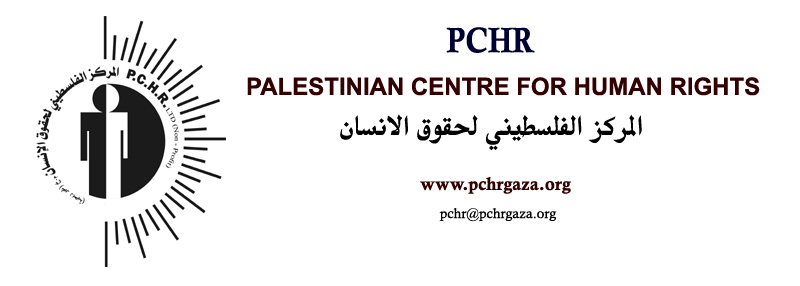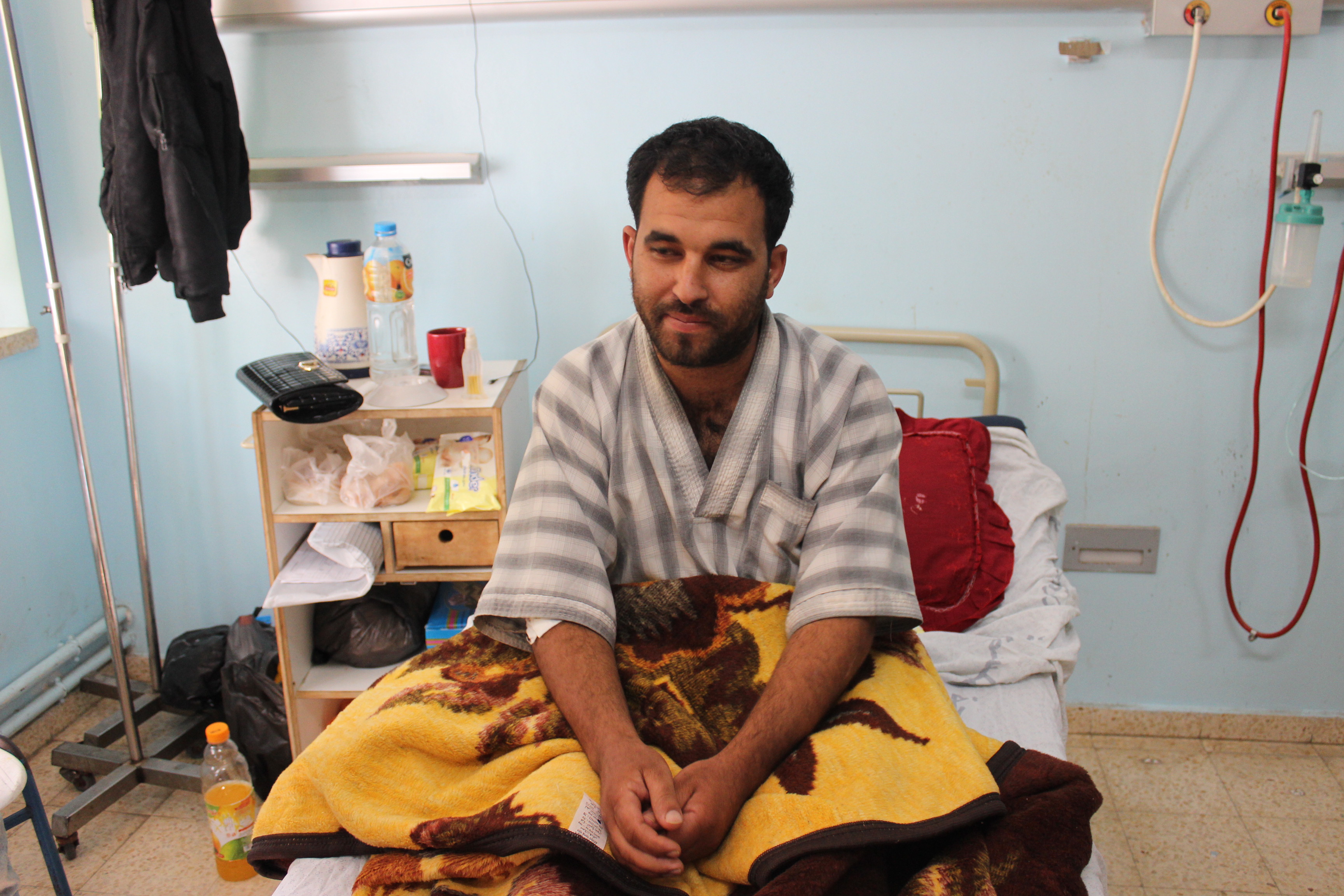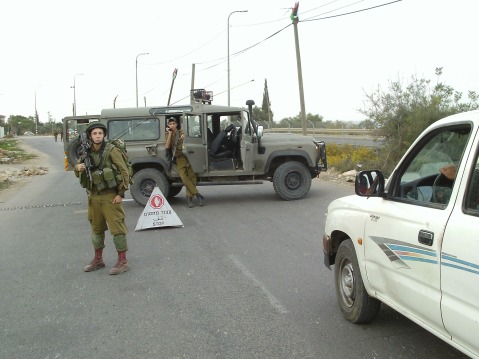-
ACT NOW. To Save Palestinian refugee in Saudi Arabia from death penalty after unfair trial
7th December 2015 | Palestinian Centre for Human Rights | Press release On 17 November 2015, a Saudi court sentenced to death a Palestinian Refugee, Ashraf Fayadh (35), for alleged blasphemous statements during a discussion, which are also mentioned in his poetry. The Palestinian Centre for Human Rights (PCHR) calls upon you to participate in the […]
-
In Gaza, another farmer shot by a sniper for working his land
December 8th, 2015 | International Solidarity Movement, Gaza team | Khan Younis, Gaza strip, occupied Palestine A week ago Mohamed Abu Taima, 29 years-old and father of a small girl, was working his land 450m from the separation fence when an Israeli sniper shot him. At 4pm, he had arrived to his land in Al Faraheen, […]
-
Everyday humiliation of Israeli military occupation
6th of December 2015 | International Solidarity Movement, al-Khalil team | Hebron, occupied Palestine Palestinians living in the Israeli militarily occupied West Bank face discrimination, racism and humiliation at the hands of Israeli forces on an everyday basis. Humiliation is entrenched in every aspect of daily life under the Israeli occupation. The message is clear: as […]
Action Alert An Nabi Saleh Apartheid Wall Arrests BDS Bethlehem Bil'in Cast Lead Demonstration Denial of Entry Ethnic Cleansing Farmers Gaza Global Actions Hebron House Demolition International law Israeli Army Jerusalem Live Ammunition Nablus Ni'lin Prisoner Ramallah Rubber-coated steel bullets Settlement Settlers Settler violence Tear-Gas Canister Video



